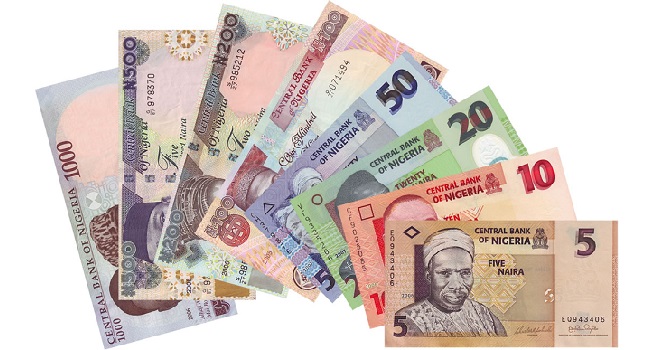Business
Naira may shed value as another trade deficit threatens Q3

The possibility of Nigeria’s local currency, the Naira, shedding its value in Quarter 3 in response to its perennially strong import culture, which far outpaces its exports, is high, a financial pundit has observed. In the second quarter, Nigeria posted a current account deficit in the sum of $2.9 billion and there are worries among industry experts that the development could recur in Q3, with the implication that government might be compelled to modify the exchange rate lower to suit the sentiments of foreign investors.
Lukman Otunuga, a research analyst with the financial planner, FXTM, gave the outlook while noting that the Central Bank of Nigeria (CBN) might be similarly strained to offer palliatives to the current inflationary pressures on the economy.
“While a deficit is not necessarily bad, it does suggest that a country’s liabilities exceed its foreign assets. Given how Nigeria imports more than it exports, there is a risk of the nation experiencing another deficit in Q3 – an outcome that could prompt foreign investors to call for Naira devaluation.”
“There will be a strong focus on the interest rate decision on Tuesday (today). Given how inflationary pressures are making an unwelcome return, the CBN may think twice before cutting interest rates from 13.5 per cent. Should the CBN governor adopt a cautious tone and express concerns over the Nigerian economy, investors may re-evaluate the possibility of monetary policy easing during the first half of 2020,” Mr Otunuga noted.
Read also: NSE: Nestle, Presco, Dangote Sugar lead gainers as Monday trade ends on a bullish note
Nigeria’s Capital importation figure for Q3 2019, released earlier this week, put the value of capital importation into the country during the period at $5.368 million, representing a 7.78% plunge from the amount posted at Q2. However, it was an 87.99% increase over the amount posted in the corresponding period of 2018. Generally, the contraction in the size of Nigeria’s capital importation on quarter on quarter basis as detailed above is a timely indication that the nation is increasingly losing its appeal as investment hub among foreign investors.
Join the conversation
Support Ripples Nigeria, hold up solutions journalism
Balanced, fearless journalism driven by data comes at huge financial costs.
As a media platform, we hold leadership accountable and will not trade the right to press freedom and free speech for a piece of cake.
If you like what we do, and are ready to uphold solutions journalism, kindly donate to the Ripples Nigeria cause.
Your support would help to ensure that citizens and institutions continue to have free access to credible and reliable information for societal development.
























